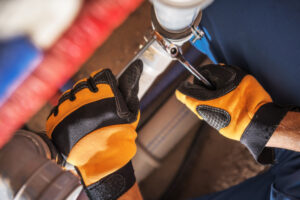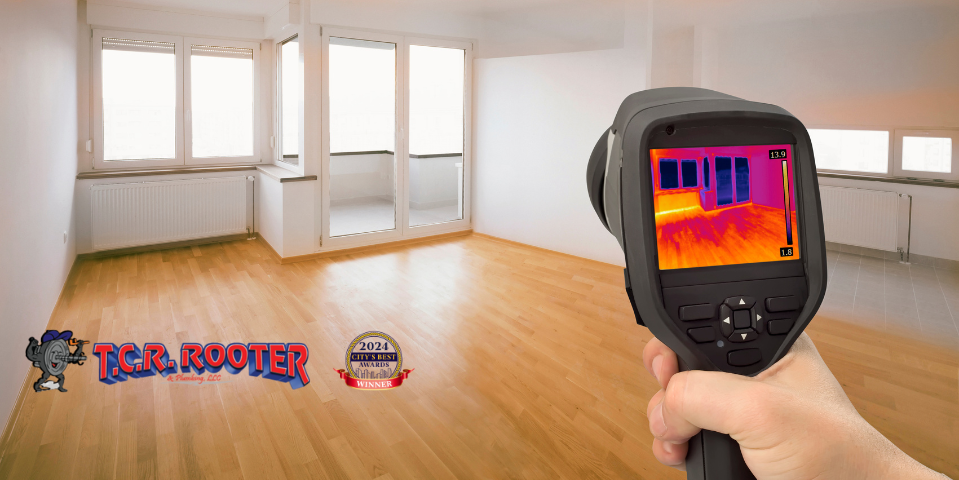Finding a good plumber can be tough. Whether you need a quick fix, routine maintenance or a full plumbing overhaul, you need to know how to find a pro you can trust.
There are over 15,120 Plumbers in North Carolina. You need to know how to choose a good one.
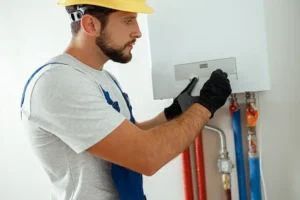
- Plumbers are for water and gas systems, leak detection, blockages and repairs in various settings.
- Common plumbing services include leak detection, drain cleaning, sewer inspections and emergency repairs, all to keep your plumbing in top shape.
- When hiring a plumber, consider their experience, ask for detailed estimates and check customer references to get quality service.
What Plumbers Do
Plumbers are the unsung heroes of our daily lives. They install and maintain systems for water, gas and other fluids within buildings so our homes and businesses run smoothly. From installing plumbing fixtures like sinks, bathtubs and toilets to inspecting and testing pipe systems, their job is varied and vital for workers.
When something goes wrong in your plumbing system, plumbers are the ones who troubleshoot and repair the issue, whether it’s a leak, blockage or something more complex. They work in residential, commercial and industrial settings, adapting to the unique challenges of each space. In the Raleigh Triangle with so many plumbers, choosing the right one means the job gets done right the first time.
Knowing what plumbers do helps you appreciate their skills and expertise and better communication to get your plumbing training needs met and systems in top shape.
Common Plumbing Services
Plumbing services cover a wide range of tasks to keep your home’s water and sewage systems running smoothly. These services include routine maintenance and inspections to more complex repairs and installations. Plumbers specialize in potable water, hot-water production, sewage and drainage systems. They also offer sewer and clogged drain repair services which are essential to the health of your plumbing infrastructure.
Reliable plumbing services often include pipe inspections using advanced tools and equipment like in-line cameras which allow plumbers to do non-invasive inspections and find issues without damaging your property. This can help in finding underlying problems.
Here are more details on some common plumbing services.
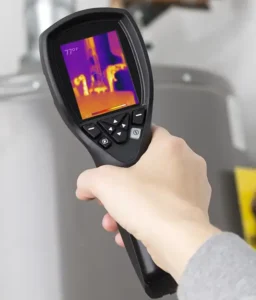 Leak Detection
Leak Detection
Leak detection is a part of plumbing services to prevent water damage and efficient repairs. Acoustic leak detection is one of the methods that uses sound to find leaks in pipes. This technology allows plumbers to find leaks behind walls or under floors without damaging your property.
Another effective method is ultrasonic leak detection which uses high frequency sound waves to pinpoint the exact location of leaks in plumbing systems. This is useful for finding small leaks that might go unnoticed but can cause big damage over time.
Plumbers trained in these advanced leak detection methods use their knowledge and tools to keep your plumbing system in top shape. Prompt leak detection and repair prevents costly repairs and water damage, gives you peace of mind and protects your home.
Drain Cleaning
Drain cleaning is essential to maintain the efficiency and longevity of plumbing systems. Clogged drain pipes can cause many issues from slow drainage to unpleasant odors and even flooding. Regular drain cleaning prevents these problems and keeps your plumbing flowing smoothly.
Great for routine cleaning and preparation for repair, drain cleaning services from master plumbers ensures any blockages are removed and your pipes are in optimal condition. This service is for both homes and businesses to avoid costly repairs and disruptions.
If Your Home Was Built In The 70’s to mid-90’s You May Need A Total Pipe Replacement
Homes built between 1970’s to mid-1990’s may need total pipe replacement. During this period, many homes were built with polybutylene pipes because they were cheap. However, these pipes are no longer used today because they degrade over time when exposed to certain chemicals and can cause leaks or bursts.
Homeowners have faced significant water damage and extensive repairs due to polybutylene pipe failure, even a class-action lawsuit against the manufacturers. Since these pipes are no longer manufactured, replacing them with modern materials is crucial to ensure the safety and integrity of your plumbing system.
Sewer Video Inspections
Sewer video inspections is a game-changer in the plumbing industry. This technology allows plumbers to do real-time monitoring to quickly find blockages and other issues in your plumbing system. By using existing access points, this method minimizes disruption to your property and provides a detailed assessment of your sewer lines. The in-line cameras used in these inspections produce real-time video, showing blockages, clogs and structural damage in the plumbing infrastructure. This visual representation helps plumbers to diagnose and fix problems without extensive excavation.
Early detection of issues through video inspections can prevent plumbing problems, save you from costly repairs and ensure your system works efficiently. This service is for both residential and commercial properties, gives you peace of mind and maintenance.
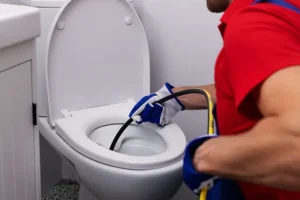 Hydro Jetting
Hydro Jetting
Hydro jetting is a powerful method for deep cleaning drains by using high pressure water. This is highly effective for removing stubborn clogs and cleaning the inside of pipes. The high pressure water streams can break down and remove debris, grease and even invasive tree roots that cause blockages.
This is not only quick and cost-effective but also reduces overall labor cost for sewer repairs. Hydro jetting is a great way to maintain your plumbing system and prevent future clogs.
24/7 Emergency Plumbing Services
Emergency plumbing services are important for addressing urgent issues like burst pipes which can cause significant water damage quickly. Professional emergency plumbers are trained to handle severe leaks and prevent further damage through quick repair. Knowing that reliable 24/7 plumbing services are available gives you peace of mind, knowing help is just a call away during emergencies.
Local emergency plumbing services ensure fast response time, reducing the risk of plumbing issues escalating. These services are available 24/7, providing immediate assistance when you need it most. Choosing a licensed and insured plumbing company is important to ensure qualified professionals handle your emergencies, gives you confidence in the work being done and understanding the licensing requirements.
Emergency plumbers offer a range of services including plumbing inspections, repairs, leak repair and water heater repair/replacement. Specific types of emergency plumbing repairs include pipe leak repair, burst pipe repairs and no hot water issues. These services are important for maintaining the functionality and safety of your plumbing system during unexpected situations.
 How to Choose the Right Plumber
How to Choose the Right Plumber
Choosing the right plumber is key to resolving plumbing issues efficiently. Experience in the plumbing field is important; more years means better service capabilities. Ask for a detailed estimate covering both labor and parts to avoid surprise costs when hiring a plumber, as this is required.Ask if the plumber charges hourly or fixed rate to avoid surprises at the end of the job. Ask for customer references and take the time to verify their satisfaction with the plumber’s work to get more peace of mind.
By following these tips you can find a reliable plumber you can trust who will provide good plumbing services and get your system in good condition.
The Future of Plumbing
The future of plumbing is being shaped by technological advancements that makes the process more efficient and effective. Modern technology such as sewer video inspections for real-time diagnostics and hydro jetting for high pressure pipe cleaning is revolutionizing the industry. With these advancements the plumbing profession is expected to experience significant job growth due to increased efficiency and demand for skilled professionals.
With technology evolving industries standards worked to adapt to maintain safety and effectiveness in plumbing practices over the years. These advancements make plumbing services more reliable, faster and budget-friendly for customers in the trade process.
Integration of technology in plumbing is paving the way for a future where plumbing issues can be resolved more quickly and with greater precision through a program, state of the art solutions.
Understanding the role of plumbers and the common services they provide is important to maintain the health and functionality of your plumbing system. From leak detection and drain cleaning to emergency services and advanced technology like sewer video inspections and hydro jetting, modern plumbing services are designed to meet various needs efficiently and effectively.
Choosing the right plumber involves considering their experience, getting detailed estimates and verifying customer references. With the future of plumbing looking bright with technological advancements, homeowners can expect even more timely response of the plumbing service and efficient plumbing services in the years to come. Stay informed and proactive and you’ll keep your plumbing system in top shape.
FAQs
What are the most common plumbing services?
Leak detection, drain cleaning, pipe replacement, sewer video inspections and hydro jetting. If you have any plumbing issues these are usually the go-to solutions!
Why is leak detection important?
Leak detection is super important because it prevents water damage and saves you from costly repairs. Using methods like acoustic detection means you can find those leaks without tearing up your property.
What should I look for when choosing a plumber?
When choosing a plumber, focus on their experience, get detailed estimates, clarify their rates and always ask for customer references to ensure you’re getting good service.
How does hydro jetting work?
Hydro jetting uses high pressure water to blast through clogs and clean out your pipes, it’s quick and budget-friendly for sewer problems.
24/7 emergency services?
Yes! Most emergency services are 24/7 for those unexpected issues like burst pipes.

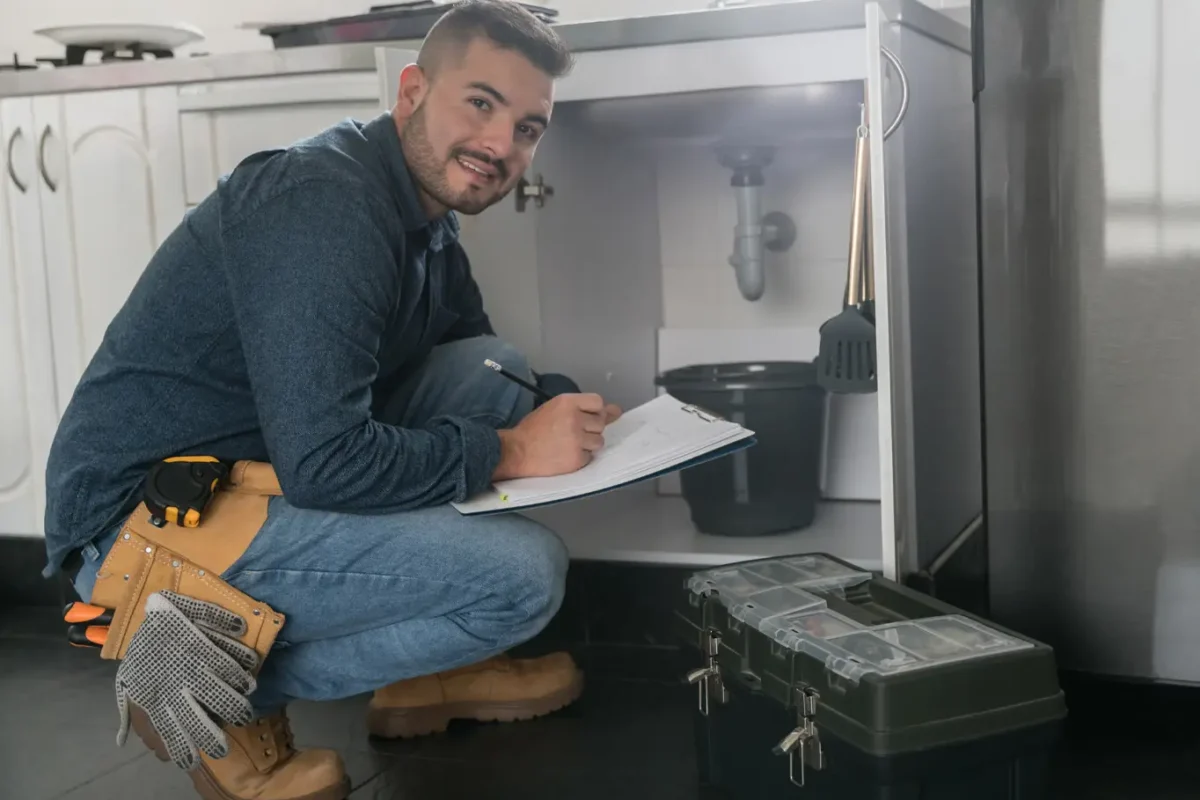

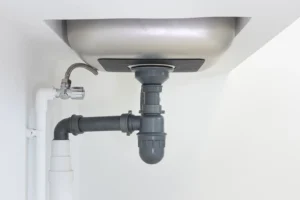 Common Locations of Polybutylene Pipes
Common Locations of Polybutylene Pipes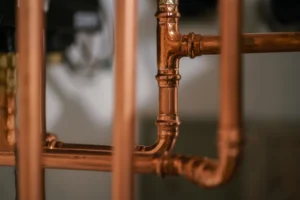 How Much Does It Cost To Replace Your Pipes?
How Much Does It Cost To Replace Your Pipes?
 Essential Insights
Essential Insights Advantages of Tankless Water Heaters
Advantages of Tankless Water Heaters Gas Tankless Water Heaters
Gas Tankless Water Heaters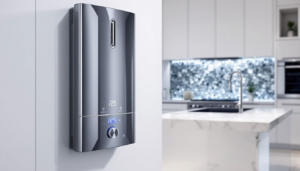 Choosing the Right Model for Your Home
Choosing the Right Model for Your Home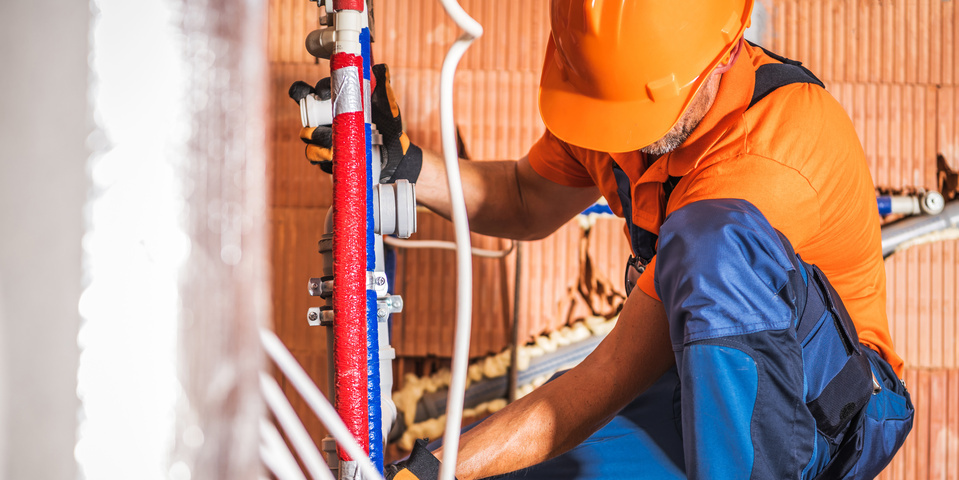
 Commercial Property Types:
Commercial Property Types: